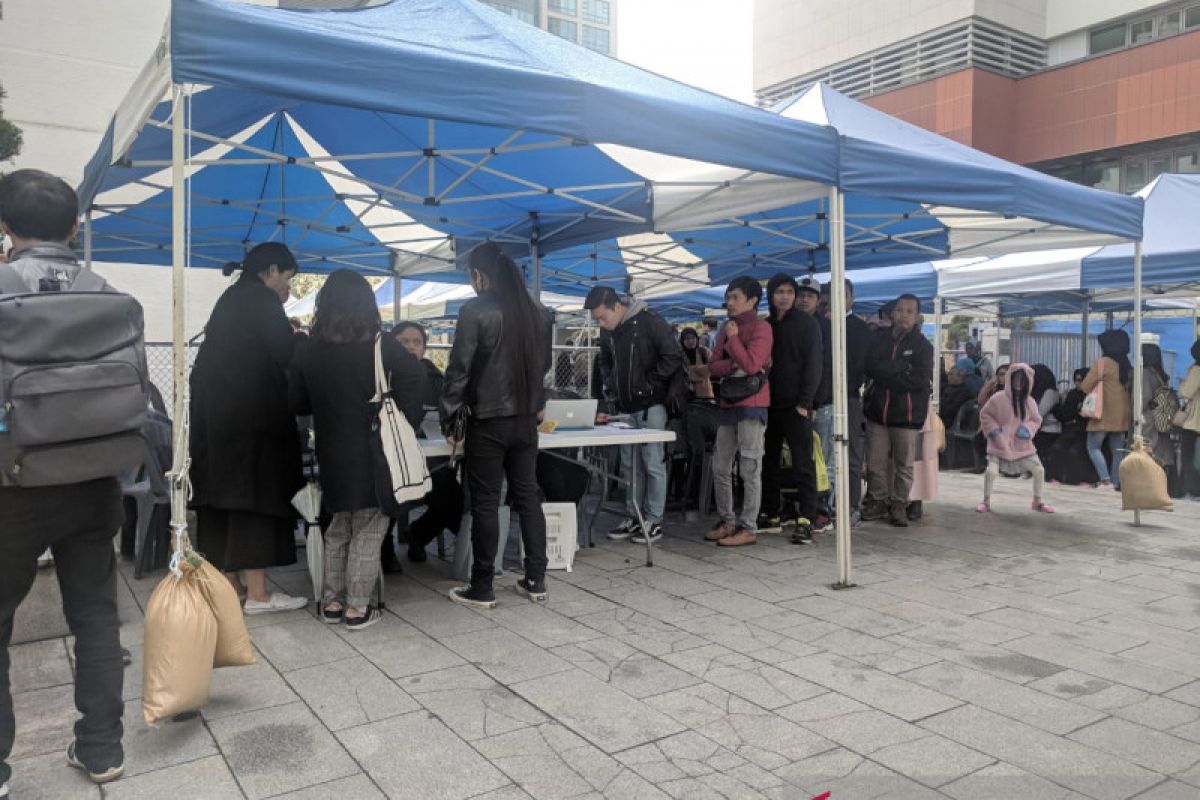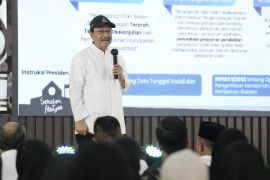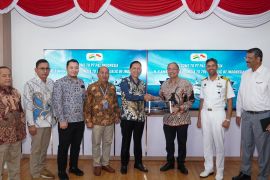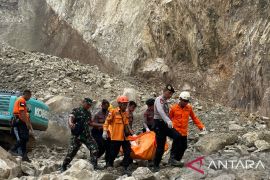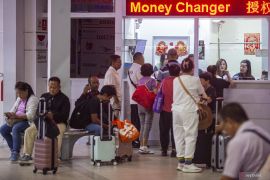They came from various regions of Korea, including Daejeon, a distance of hundreds of kilometers from Seoul and small industrial cities like Ansan on the outskirts of the capital.
"The voting today is safe and under control. Not only in Seoul but also in other polling stations," said the chairman of the Seoul Overseas Election Committee (PPLN), Huda Ulinuha.
At the Indonesian Embassy, there are around 3,000 people registered in the final voter list. The figure has not counted hundreds of other Indonesian citizens who register in the place (special voter list - DPK) and have to wait for the rest of the ballots. They are those who are not certain yet to get the right to vote.
Some of those who have included in the special voter list have previously claimed to have been registered in the final voter list at other polling stations. However, because the polling stations set by PPLN were too far from the initial domicile, they finally asked to move the polling stations to Seoul which is easier to reach.
"I am domiciled in Incheon (Seoul's western suburb - ed), but my polling station is in Daegu, which is too far (more than 200km - red). Finally I asked to move to the polling station in Seoul," Christian Ho said.
In addition, many residents also sent ballots directly to the embassy for fear of not arriving. Actually they can send ballots by post to the embassy.
Overall, there are around 26,000 permanent voters in South Korea. As many as 8,000 of them chose to use the direct voting method to polling stations in four cities. Around 13,000 people use the postal method, while the rest are waiting for mobile polling stations in the outer cities of Korea.
Translator: Bambang Purwanto
Editor: Rahmad Nasution
Copyright © ANTARA 2019
